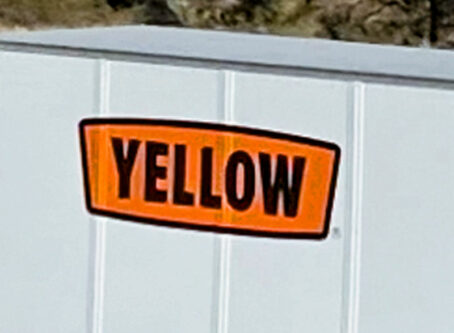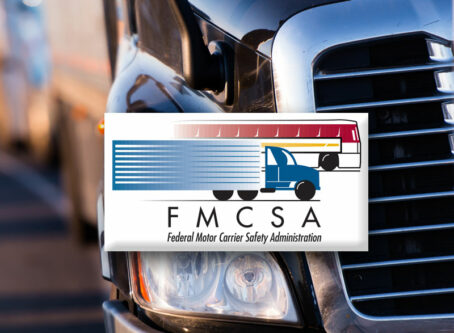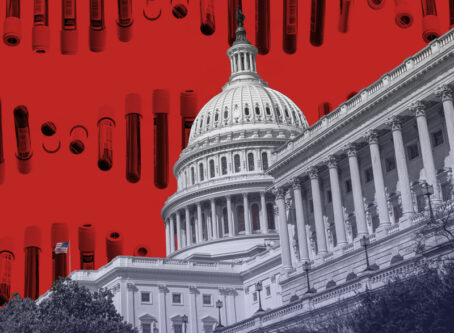FMCSA offers discretion on drug, alcohol testing during COVID-19 outbreak
As the coronavirus continues to disrupt America’s supply chain, federal regulators are asking law enforcement to exercise discretion in determining whether to enforce the minimum annual percentage rate for random drug and alcohol testing among motor carriers.
In a Notice of Enforcement Discretion Determination issued Tuesday, July 7, the acting head of the Federal Motor Carrier Safety Administration wrote that the ongoing impacts of COVID-19 are continue to cause operational disruptions to motor carriers.
“In recognition of these barriers to full compliance in some locations,” acting FMCSA Administrator Jim Mullen wrote, “the agency may exercise discretion to determine not to enforce the minimum annual percentage random testing rates for drugs and alcohol, and the requirement that each employer ensure that the dates for administering random drug and alcohol tests are spread reasonably throughout the calendar year, as set forth in 49 CFR 382.305(b)(1) and (2) and 49 CFR 382.305(k), respectively.”
The notice does not suspend the current random testing requirements.
It also emphasizes that “employers capable of meeting these requirements must continue to do so.” If a test is unable to be completed due to the COVID-19 public health emergency, the motor carrier must maintain written documentation of the specific reasons for noncompliance.
Last December, FMCSA announced it would increase the annual minimum percentage rate for random controlled-substances testing for truck drivers from 25% to 50% of the average number of driver positions.
Those reasons might include closures or restricted use of testing facilities or the unavailability of testing personnel. Other COVID-19 related factors could include prolonged or intermittent driver furloughs. The notice recommends employers “document actions taken to identify alternative testing sites or other testing resources.”
Reason for the increase
A provision in the 2001 final rule titled “Controlled Substances and Alcohol Use and Testing” requires the FMCSA administrator to increase the minimum annual random testing percentage rate when the data received under the reporting requirements for any calendar year indicate that the reported positive rate is equal to or greater than 1%.
Based on the results of the 2018 FMCSA Drug and Alcohol Testing Survey, the positive rate for controlled substances random testing increased to 1.0%, up from 0.8% in 2017. In 2016, the testing rate was reduced from 50% to 25% percent, because the number of positive tests fell below 1%.
FMCSA estimates there are 3.2 million CDL holders operating in interstate commerce and 1 million CDL holders operating in intrastate commerce. Based off these numbers, the 25% rate would have required at least 1.05 million random drug tests to be conducted. Now at 50%, about 2.1 million random controlled substance tests will need to be conducted during the 2020 calendar year.









